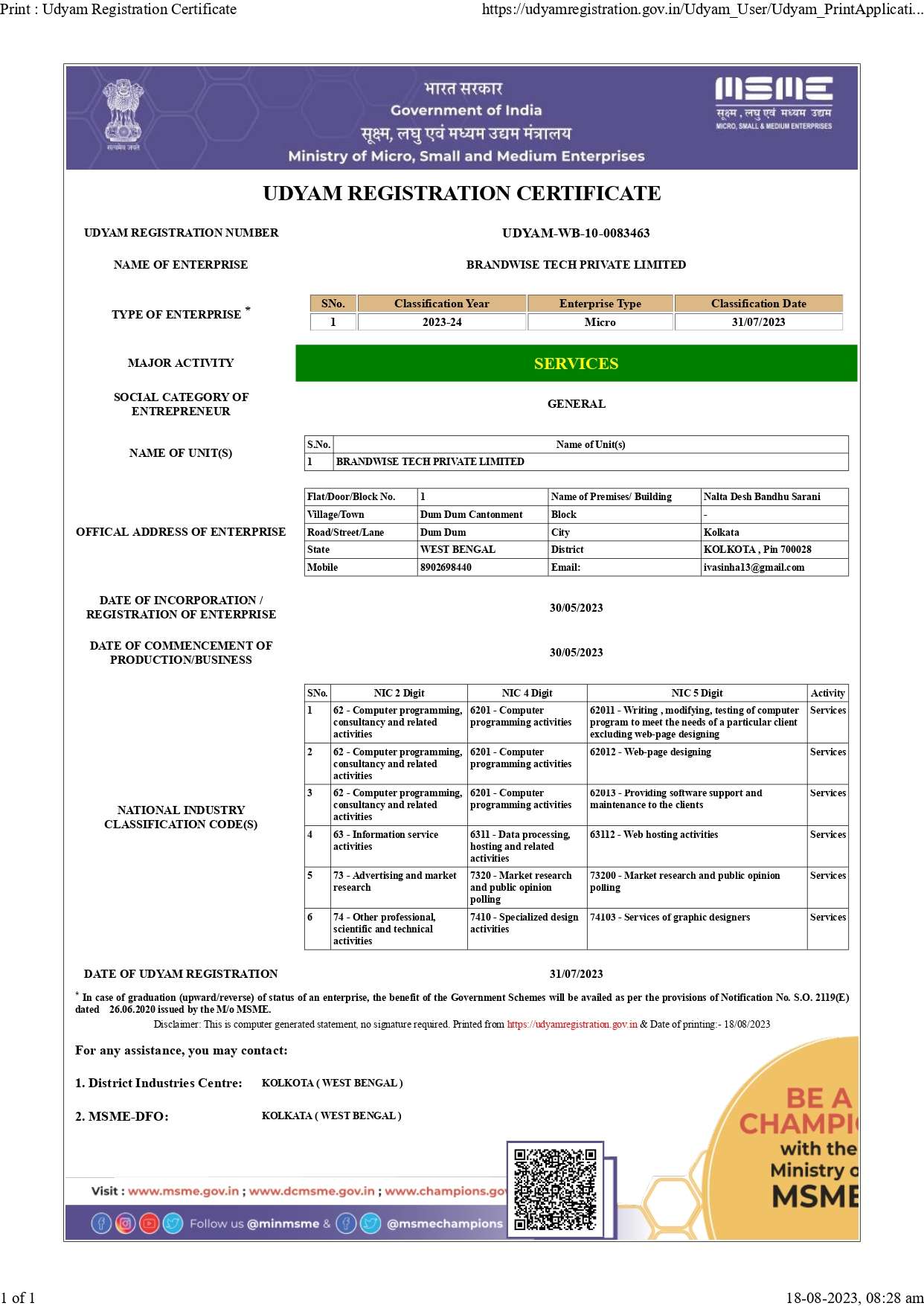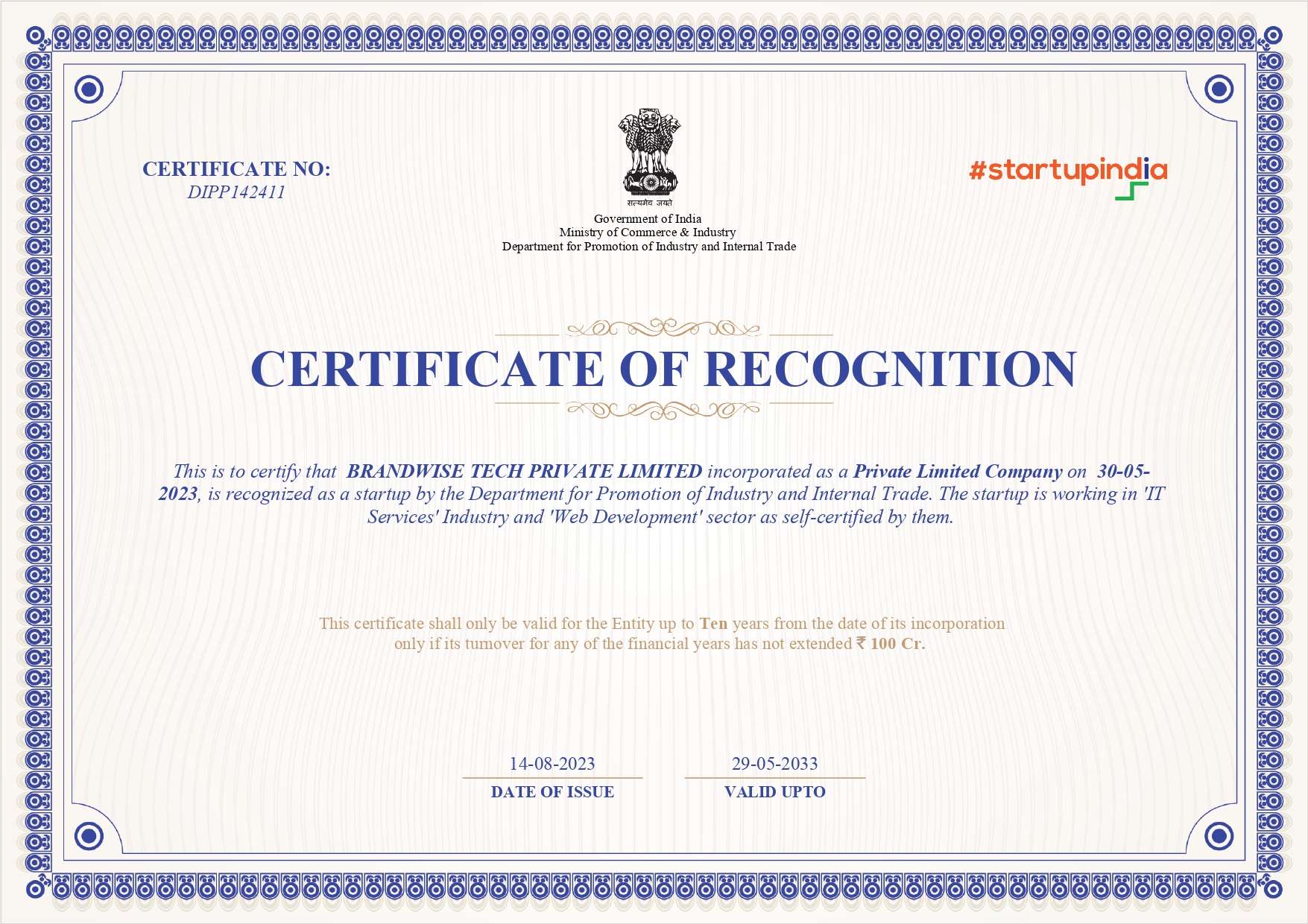Introduction: In the digital era, social media has transformed from a mere platform for communication to a powerful marketing tool. With billions of active users across various social media platforms, businesses can leverage social media marketing to reach a vast audience, build brand awareness, and foster meaningful connections with their target customers. In this blog, we will explore the key elements of an effective social media marketing strategy to help you harness the true potential of social media for your business.
- Understanding Your Target Audience: The foundation of any successful social media marketing campaign lies in understanding your target audience. Conduct thorough market research to identify your ideal customer demographics, interests, pain points, and online behavior. This data will enable you to tailor your content and messaging to resonate with your audience effectively.
- Choosing the Right Platforms: Not all social media platforms are created equal, and each one caters to different audiences and content formats. Focus your efforts on the platforms where your target audience is most active. For example, B2B businesses may find LinkedIn more effective, while visually-driven industries may benefit from Instagram and Pinterest.
- Creating Engaging Content: Compelling and relevant content is the heart of social media marketing. Mix up your content strategy to include a variety of formats such as images, videos, infographics, polls, and blog posts. Craft content that informs, entertains, and adds value to your audience’s lives, sparking conversations and interactions.
- Consistency in Branding: Maintaining a consistent brand image across all social media channels is crucial for establishing brand recognition. Use consistent brand colors, fonts, and tone of voice in your posts. A unified brand identity builds trust and fosters a sense of familiarity among your audience.
- Engaging with Your Audience: Social media is a two-way street. Engage with your audience by responding to comments, messages, and mentions promptly. Show appreciation for positive feedback and address any concerns or complaints professionally and empathetically. Encourage discussions and create a community around your brand.
- Influencer Marketing: Partnering with influencers can amplify your social media reach and credibility. Identify influencers relevant to your industry and collaborate on campaigns or sponsored posts. Influencers’ recommendations can carry significant weight with their followers and introduce your brand to a broader audience.
- Social Media Advertising: While organic reach is valuable, social media advertising can give your brand an extra boost. Platforms like Facebook, Instagram, and Twitter offer powerful advertising tools to target specific audiences based on demographics, interests, and behaviors. Invest in targeted ads to increase visibility and drive conversions.
- Analyzing and Measuring Results: Regularly analyze the performance of your social media marketing efforts using analytics tools provided by each platform or third-party tools. Track key metrics like engagement rate, reach, click-through rate, and conversions. Use this data to identify what works best and refine your strategy accordingly.
Conclusion: Social media marketing presents an incredible opportunity to connect with your audience, expand your brand’s reach, and achieve business objectives. By understanding your audience, creating compelling content, maintaining brand consistency, and engaging actively, you can build a strong online presence and propel your business to new heights through the power of social media marketing. Stay adaptable to evolving trends and continually refine your strategy for long-term success in the dynamic world of social media.








